KLD3
Debate lecture OPS: "Uranus and Neptune - on ice or on the rocks?" by Thibault Cavalié and Nick Teanby
Convener:
Thibault Cavalié
Wed, 21 Sep, 09:15–09:45 (CEST)|Room Manuel de Falla
Session assets
Speakers
- Thibault Cavalié, LAB - Univ. Bordeaux - CNRS - UMR5804, France
- Nicholas Teanby, University of Bristol, United Kingdom

